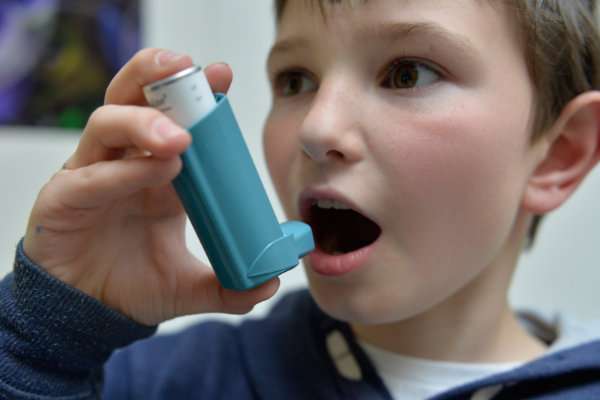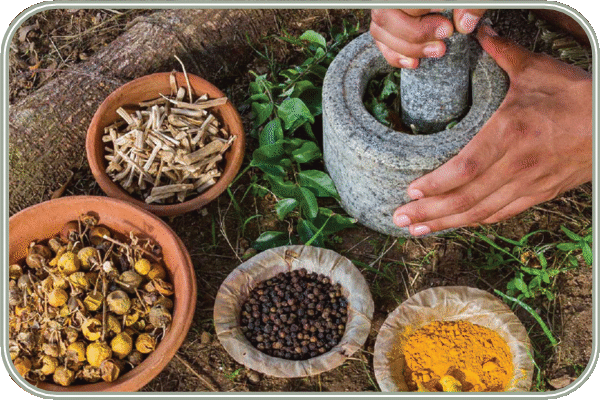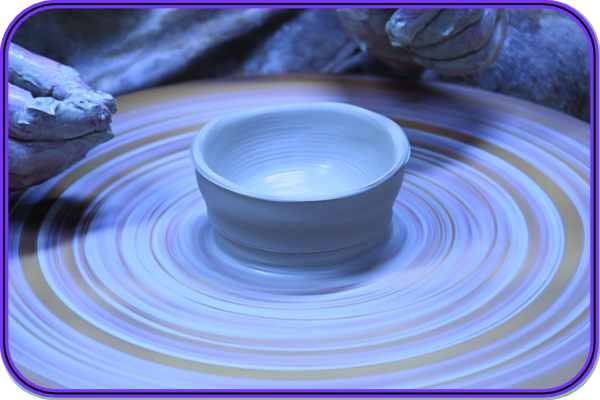Inhale, exhale: the breath of life
How many of us realize that breathing is the first element of hygiene we should take care of? Indeed, breathing is the first thing a newborn does. Then it feeds on its mother’s milk.
So our whole life follows this rhythm… breathing then feeding. This is a fundamental and therefore vital physical principle. Without breathing, our life ends after a few minutes. The same is true for animals and plants.
Breathing consists of a cycle of inhalation and a cycle of exhalation. During these cycles, the lungs exchange gases. When we exhale, the body expels carbon dioxide extracted from the blood, then in the next cycle the lungs inhale air, which is oxygen but above all Qi.
The concept of Qi is important here because, as you already know, Qi is present in the blood. The lungs carry Qi into the blood. This Qi circulates throughout the body, regenerating the various organs as it passes through them.
Letting go and breathing
Taking a step back, we can give breathing a broader meaning, that of a dynamic that renews our body and mind. Thus, those who accept to let go, to get rid of the unnecessary (psychological or physical), give themselves the opportunity to recharge with balancing emotions. They breathe by letting go of the unnecessary and welcoming the present.
On the contrary, a person who remains stuck in regret, resentment, or fears related to the past will not be able to breathe freely. Such a person will suffer from pathologies related to respiratory blockages.
Letting go then takes on its full meaning, as it allows us to accept a situation that, by definition, can no longer be changed. The person returns to the present, to their body, thus giving themselves the means to regain fluid breathing. In this way, the person frees themselves from their attachment to a past that has become useless or even toxic, in order to establish new ways of functioning rooted in the present and in consciousness.
The Lung and the Metal Element

In traditional Chinese medicine, breathing is linked to the Metal element. Metal encompasses two organs, the lungs and the large intestine, as well as the skin.
Poor breathing will have repercussions on all the meridians and, first and foremost, on its paired organ, the colon. The emotion associated with Metal is sadness (in extreme cases, depression).
As breathing has a strong impact on the circulation of Qi, impaired breathing will cause Qi stagnation, which can affect the entire body and organs.
Conversely, breathing is an excellent tool for improving the quantity and quality of Qi absorbed, as well as its proper circulation. Doing so improves overall health and emotional balance in particular.
Here are some examples of conditions that can result from blocked breathing, and therefore an imbalance in the Metal element.
Respiratory diseases
-
Asthma
It is associated with a deficiency of Lung Qi and/or an accumulation of Phlegm. As the Lung is also responsible for regulating fluids in the body, it can become weakened. This can then lead to breathing difficulties, wheezing, and even coughing.
-
Bronchitis
It is linked to an invasion of external pathogenic factors; such as cold wind or heat in the Lung, which can also be the result of Lung Qi deficiency.
-
Pneumonia
This results from an accumulation of heat and phlegm in the Lung, often exacerbated by a pathogenic infection. The Lung is overwhelmed by damp heat, causing severe symptoms.

- Allergic rhinitis
It is also associated with a deficiency of Lung Qi, which makes the body more sensitive to allergens and environmental factors.
Digestive disorders
- Constipation
This is caused by dryness in the Large Intestine, often due to insufficient body fluids or stagnation of Qi. Fluid deficiency leads to hard, dry stools that are difficult to pass.
- Irritable bowel syndrome
This is associated with stagnation of Qi in the large intestine, often exacerbated by emotional factors such as stress. Stagnant Qi leads to various digestive disorders.
-
Dysentery
This is caused by heat and dampness in the large intestine. This condition can be aggravated by infections or an inappropriate diet.
Skin conditions

- Eczema
It can be caused by an accumulation of heat or phlegm in the lungs or by a deficiency of lung yin. The skin becomes dry, irritated, and itchy.
-
Psoriasis
This is linked to stagnation of Qi and Blood or internal heat. The skin is affected by imbalances in Qi and Blood, resulting in red, scaly patches.
-
Acne
This is often linked to heat in the lungs or stagnation of Qi and Blood. Internal heat or stagnation of bodily fluids causes skin breakouts.
-
Dry skin
This is caused by dryness in the lung and large intestine. A lack of body fluids makes the skin rough and dehydrated.
Emotional disorders
-
Sadness and depression
These are directly linked to imbalances in the Lung, which can affect the Shen (spirit), leading to feelings of sadness, melancholy, or persistent grief.
Cultivating your breathing

While breathing is an automatic process controlled by the autonomic nervous system, it can also be controlled. This means that we can influence our breathing. And we would be wise to do so! Everyone knows that when feeling stressed or panicked, it is important to calm your breathing and breathe from your stomach.
Singers, martial artists, and freedivers place great importance on breath control. Yogis have taken the art of breathing to the highest level with Pranayama (breath control that includes breathing but also the concept of qi).
Today, most life coaches incorporate breathing, and some even specialize in breathing coaching. Because, yes, breathing better can change our lives!
Our breathing depends on many factors, including our environment, emotions, diet, posture, and more.
Breathing is therefore an integrated healing tool in itself. This is why more and more people are interested in the relationship between breathing, spiritual development, and health.
Many Asian masters have been teaching breathing techniques for thousands of years. These techniques improve digestion, relieve stress, strengthen the immune system, and, above all, nourish the body with energy.
Taoist disciplines such as Qi Gong, Tai Chi, and meditation focus on making abdominal breathing natural. This improves the functioning and efficiency of the heart, lungs, and other organs. Deep, conscious breathing maintains emotional and physical balance, eliminating negative energy and promoting good health.







0 Comments